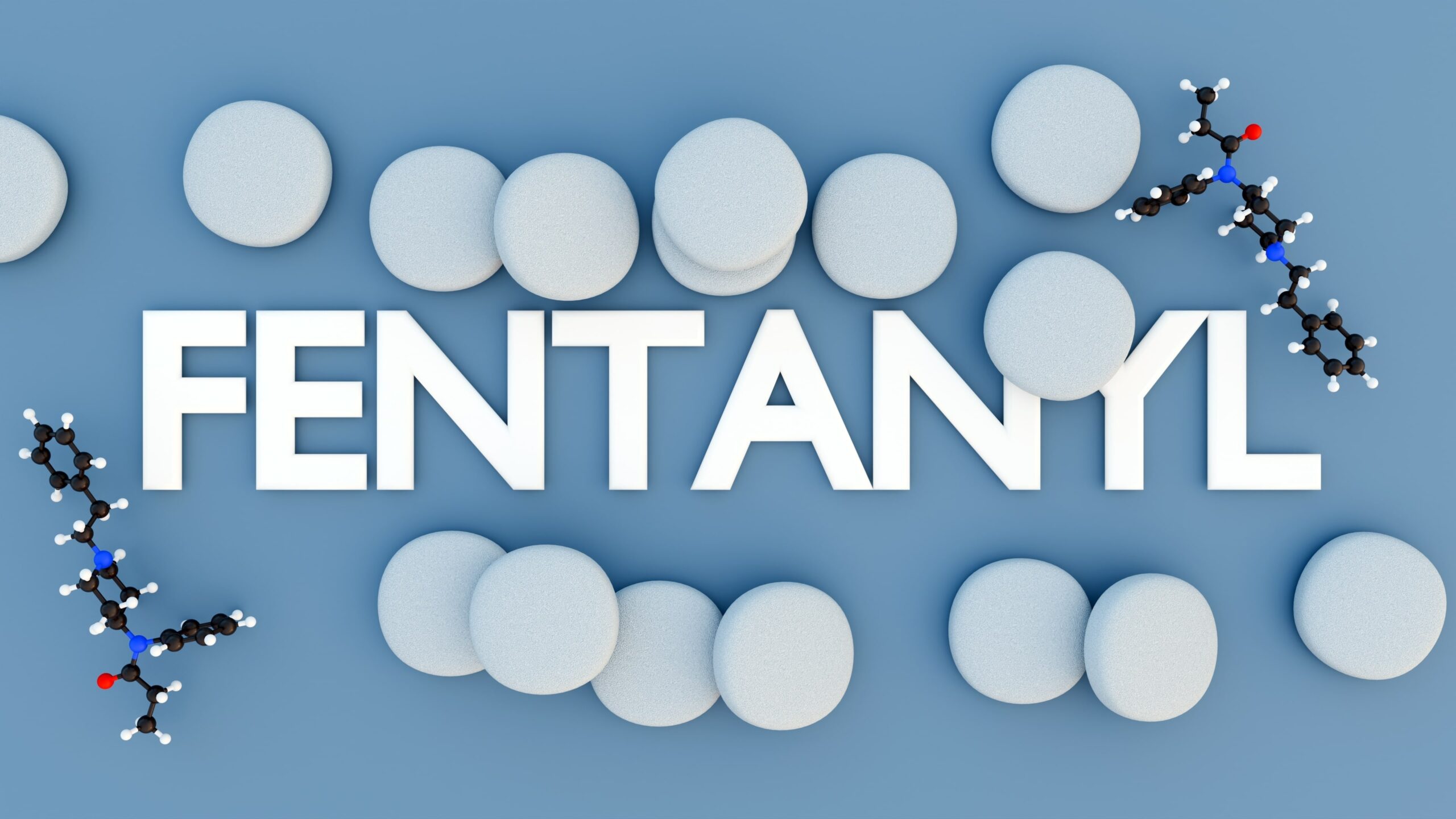Using a fake ID in Utah is a criminal offense that can carry significant penalties. Fake ID charges commonly involve minors attempting to purchase alcohol, enter age-restricted venues, or otherwise misrepresent their age.
Under Utah law, possessing, using, or creating a fake ID is considered a form of fraud, and consequences vary based on the circumstances. With strict penalties in place, it’s essential to understand the potential legal consequences and defenses available if charged with using a fake ID.
Salt Lake County Criminal Defense Lawyer
You can be charged with possession of a fake ID in various situations, such as using it to purchase alcohol, enter a restricted venue, or present false information to law enforcement. Even if the ID is not actively used, mere possession can lead to criminal charges.
Susanne Gustin, Attorney at Law, is an experienced defense attorney with decades of expertise in defending clients against serious criminal charges. If you are facing fake ID charges, contact Susanne Gustin at 801-243-2814 for professional legal support. Susanne Gustin serves clients throughout Salt Lake County, Davis County, Layton, Bountiful, Clearfield, North Salt Lake, Centerville, Woods Cross, West Point, and Kaysville.
Information Center for Fake ID
- What is a Fake ID Charge?
- Penalties for Fake ID in Utah
- Defenses for Fake ID in Utah
- Additional Resources
Understanding Fake ID Charges in Utah
In Utah, fake ID charges fall under fraud and forgery laws, as outlined in Utah Code § 76-6-501. Possession or use of a fake ID is typically charged as a misdemeanor but can be classified as a felony if certain aggravating factors are present, such as creating fake IDs or using someone else’s personal information. Utah Code § 76-6-501 states as follows:
As used in this section:
- “Authentication feature” means any hologram, watermark, certification, symbol, code, image, sequence of numbers or letters, or other feature that either individually or in combination with another feature is used by the issuing authority on an identification document, document-making implement, or means of identification to determine if the document is counterfeit, altered, or otherwise falsified.
- “Document-making implement” means any implement, impression, template, computer file, computer disc, electronic device, computer hardware or software, or scanning, printing, or laminating equipment that is specifically configured or primarily used for making an identification document, a false identification document, or another document-making implement.
- “False authentication feature” means an authentication feature that:
- is genuine in origin but that, without the authorization of the issuing authority, has been tampered with or altered for purposes of deceit;
- is genuine, but has been distributed, or is intended for distribution, without the authorization of the issuing authority and not in connection with a lawfully made identification document, document-making implement, or means of identification to which the authentication feature is intended to be affixed or embedded by the issuing authority; or
- appears to be genuine, but is not.
- “False identification document” means a document of a type intended or commonly accepted for the purposes of identification of individuals, and that:
- is not issued by or under the authority of a governmental entity or was issued under the authority of a governmental entity but was subsequently altered for purposes of deceit; and
- appears to be issued by or under the authority of a governmental entity.
- “Governmental entity” means the United States government, a state, a political subdivision of a state, a foreign government, a political subdivision of a foreign government, an international governmental organization, or a quasi-governmental organization.
- “Identification document” means a document made or issued by or under the authority of a governmental entity, which, when completed with information concerning a particular individual, is of a type intended or commonly accepted for the purpose of identification of individuals.
- “Issuing authority” means:
- any governmental entity that is authorized to issue identification documents, means of identification, or authentication features; or
- a business organization or financial institution or its agent that issues a financial transaction card
- “Means of identification” means any name or number that may be used, alone or in conjunction with any other information, to identify a specific individual, including:
- name, social security number, date of birth, government issued driver license or identification number, alien registration number, government passport number, or employer or taxpayer identification number;
- unique biometric data, such as fingerprint, voice print, retina or iris image, or other unique physical representation; or
- unique electronic identification number, address, or routing code.
- “Personal identification card” means an identification document issued by a governmental entity solely for the purpose of identification of an individual.
- “Produce” includes altering, authenticating, or assembling.
- “State” includes any state of the United States, the District of Columbia, the Commonwealth of Puerto Rico, and any other commonwealth, possession, or territory of the United States.
An actor commits forgery if, with purpose to defraud anyone, or with knowledge that the actor is facilitating a fraud to be perpetrated by anyone, the actor:
-
alters any writing of another person without the person’s authority or utters the altered writing; or
-
purports to be an act on behalf of another party with the authority of that other party; or
-
purports to have been executed at a time or place or in a numbered sequence other than was in fact the case, or to be a copy of an original when an original did not exist.
Common fake ID offenses include:
Using a Fake ID to Buy Alcohol or Tobacco
It’s illegal for minors to purchase or attempt to purchase alcohol or tobacco using a fake ID. Establishments that suspect the ID is fraudulent may confiscate it and report the individual to law enforcement.
Entering Age-Restricted Venues
Minors who attempt to enter bars, clubs, or other venues restricted to those 21 and older with a fake ID can also face criminal charges.
Possessing a Fake ID
Simply having a fake ID, even without using it, can result in charges if law enforcement finds the ID and determines it was made or obtained with the intent to mislead.
Creating or Selling Fake IDs
Making or distributing fake IDs is treated as a more severe offense, with felony charges possible if the act involves identity theft or forgery.
Penalties for Fake ID Offenses in Utah
The penalties for fake ID offenses depend on the nature of the offense and any aggravating circumstances:
Class B Misdemeanor:
This is the most common charge for using a fake ID to buy alcohol or enter an age-restricted venue.
- Up to 6 months in jail, and
- a fine of up to $1,000
Class A Misdemeanor:
If the fake ID offense involves additional fraud, such as using someone else’s personal information, charges may escalate to a Class A misdemeanor.
- Up to 1 year in jail, and
- a fine of up to $2,500
Third-Degree Felony:
If the case involves creating, selling, or distributing fake IDs, especially with stolen personal information or forgery, the offense can be charged as a felony.
- Up to 5 years in prison and
- fines up to $5,000.
Additional consequences may include a permanent criminal record, potential license suspension, and challenges with employment or education opportunities, as a criminal record for fraud can impact background checks.
Defenses Against Fake ID Charges in Utah
Several defenses may be available for those facing fake ID charges, depending on the circumstances:
Lack of Intent to Mislead
A key element of fake ID charges is the intent to misrepresent or deceive. If the defendant can show that they did not intend to use the ID to deceive, they may be able to have the charges reduced or dismissed.
Mistake of Age
In some cases, defendants may argue they were unaware of their age or had genuine confusion regarding their legal ability to enter a venue or make a purchase. While this defense is limited, it may be viable in certain cases.
Unlawful Search and Seizure
If law enforcement found the fake ID without proper authorization or conducted an illegal search, the defense may challenge the evidence and have it excluded from the case.
Lack of Evidence
Prosecutors must prove beyond a reasonable doubt that the defendant knowingly used or possessed a fake ID. If the evidence is weak, the defense may be able to argue for a case dismissal.
Additional Resources
- Utah Code § 76-6-501: This statute covers fraud, forgery, and the use of false identification in Utah.
- Juvenile Defense: Possessing and using a fake ID in Utah can cause minors to be charged with a misdemeanor. Hire fake ID criminal defense lawyer Sussane Gustin.
Hire a Criminal Defense Lawyer in Salt Lake County, Utah
If you or someone you know is facing fake ID charges in Utah, it’s essential to work with a knowledgeable criminal defense attorney who can guide you through the legal process and explore your defense options.
Susanne Gustin, Attorney at Law, has extensive experience defending clients in Utah against criminal charges, including those related to fake IDs. She is committed to protecting her clients’ rights and helping them achieve the best possible outcome.
For a consultation, contact Susanne Gustin at 801-243-2814. She provides criminal defense services to clients in Salt Lake County, Davis County, Layton, Bountiful, Clearfield, North Salt Lake, Centerville, Woods Cross, West Point, and Kaysville.



